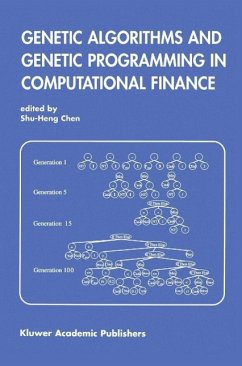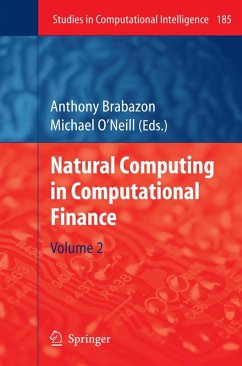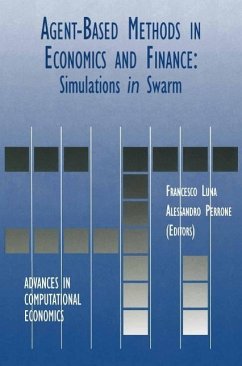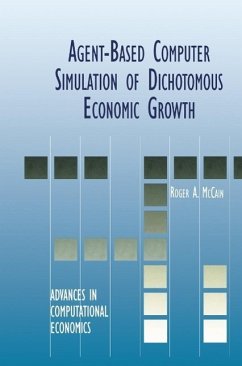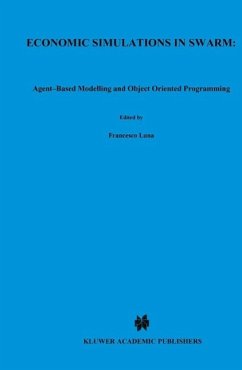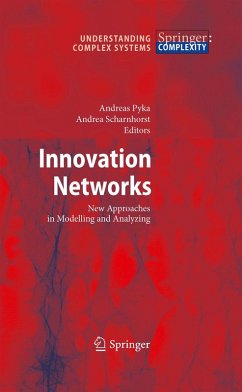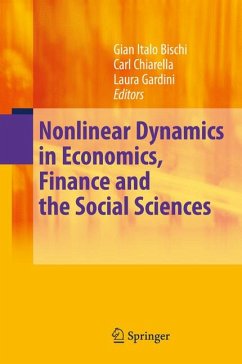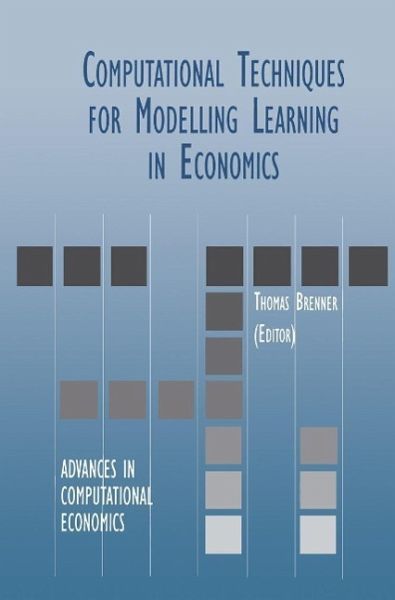
Computational Techniques for Modelling Learning in Economics (eBook, PDF)
Versandkostenfrei!
Sofort per Download lieferbar
160,95 €
inkl. MwSt.
Weitere Ausgaben:

PAYBACK Punkte
80 °P sammeln!
Computational Techniques for Modelling Learning in Economics offers a critical overview of the computational techniques that are frequently used for modelling learning in economics. It is a collection of papers, each of which focuses on a different way of modelling learning, including the techniques of evolutionary algorithms, genetic programming, neural networks, classifier systems, local interaction models, least squares learning, Bayesian learning, boundedly rational models and cognitive learning models. Each paper describes the technique it uses, gives an example of its applications, and d...
Computational Techniques for Modelling Learning in Economics offers a critical overview of the computational techniques that are frequently used for modelling learning in economics. It is a collection of papers, each of which focuses on a different way of modelling learning, including the techniques of evolutionary algorithms, genetic programming, neural networks, classifier systems, local interaction models, least squares learning, Bayesian learning, boundedly rational models and cognitive learning models. Each paper describes the technique it uses, gives an example of its applications, and discusses the advantages and disadvantages of the technique. Hence, the book offers some guidance in the field of modelling learning in computation economics. In addition, the material contains state-of-the-art applications of the learning models in economic contexts such as the learning of preference, the study of bidding behaviour, the development of expectations, the analysis of economic growth, the learning in the repeated prisoner's dilemma, and the changes of cognitive models during economic transition. The work even includes innovative ways of modelling learning that are not common in the literature, for example the study of the decomposition of task or the modelling of cognitive learning.
Dieser Download kann aus rechtlichen Gründen nur mit Rechnungsadresse in A, B, BG, CY, CZ, D, DK, EW, E, FIN, F, GR, HR, H, IRL, I, LT, L, LR, M, NL, PL, P, R, S, SLO, SK ausgeliefert werden.



